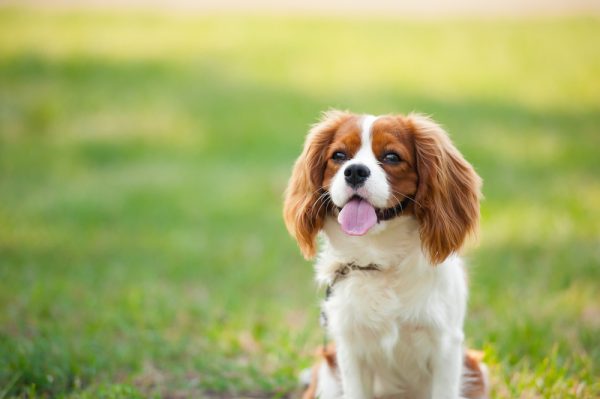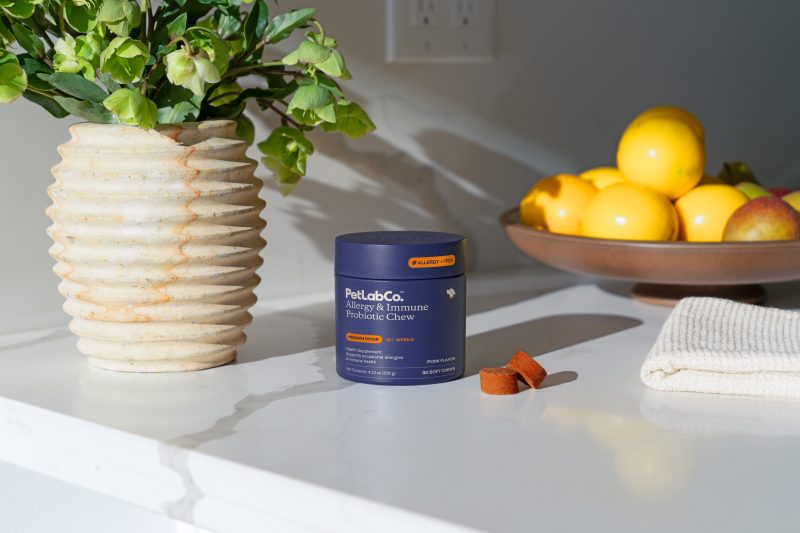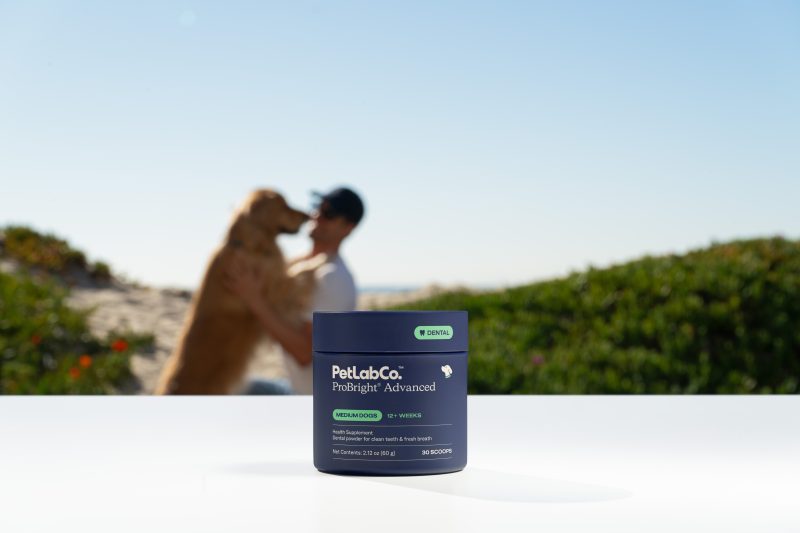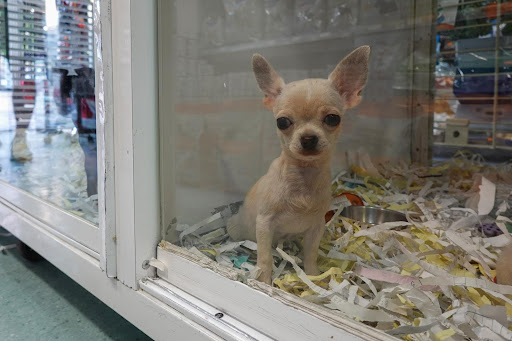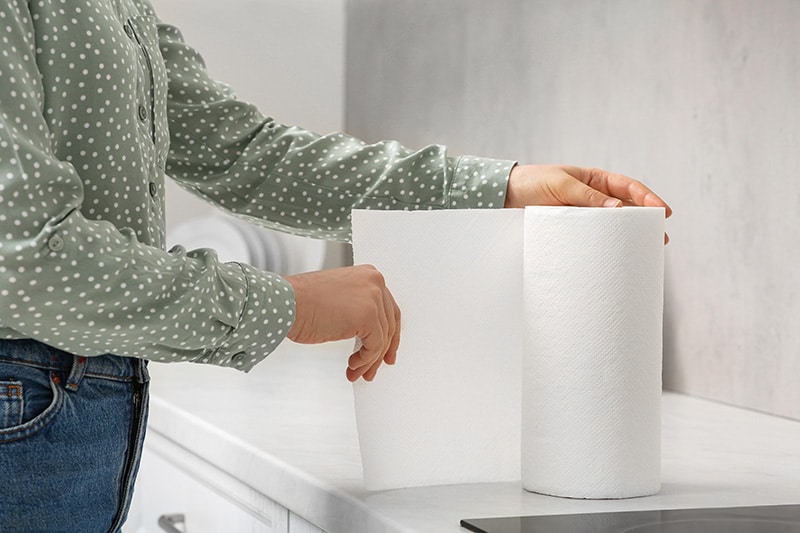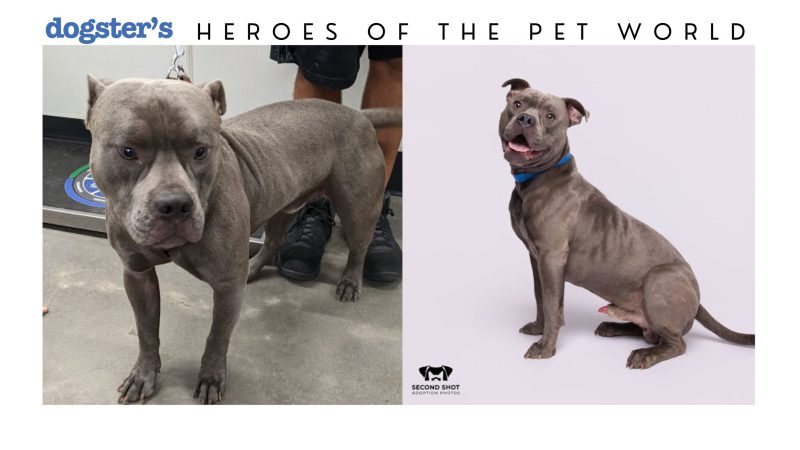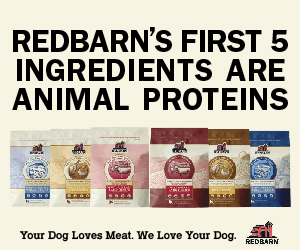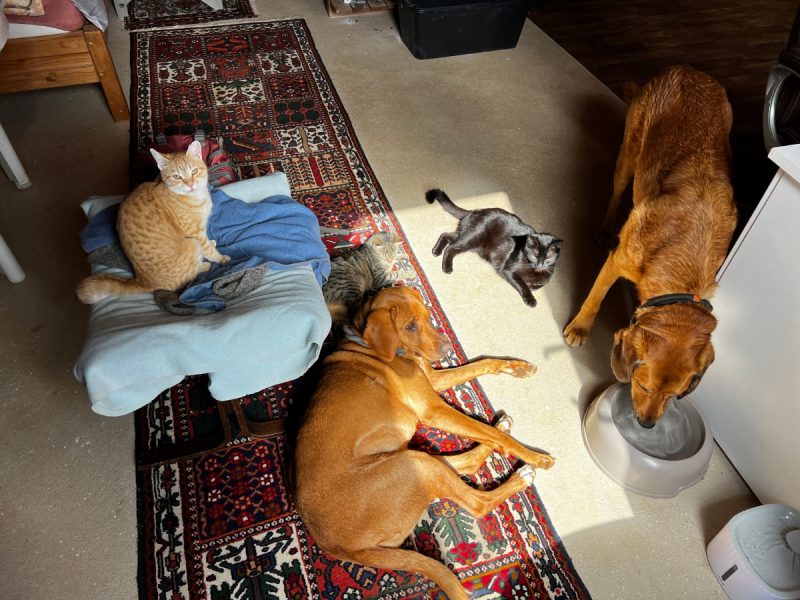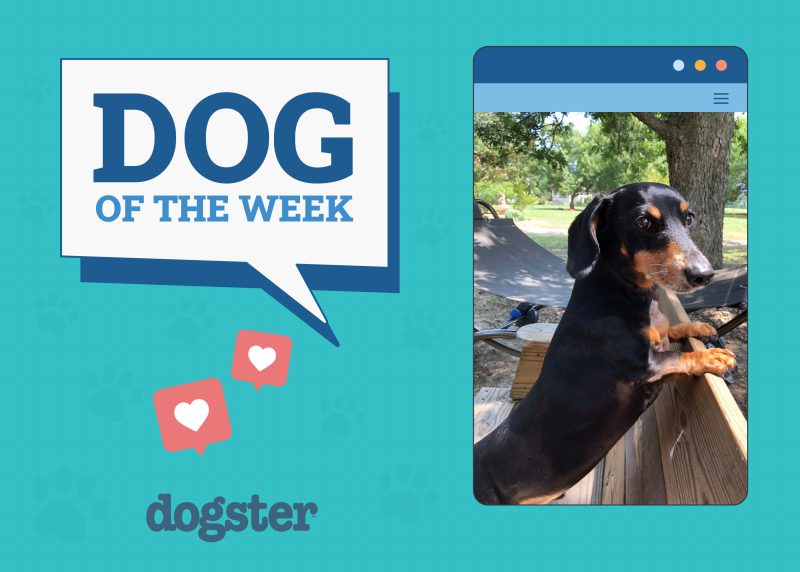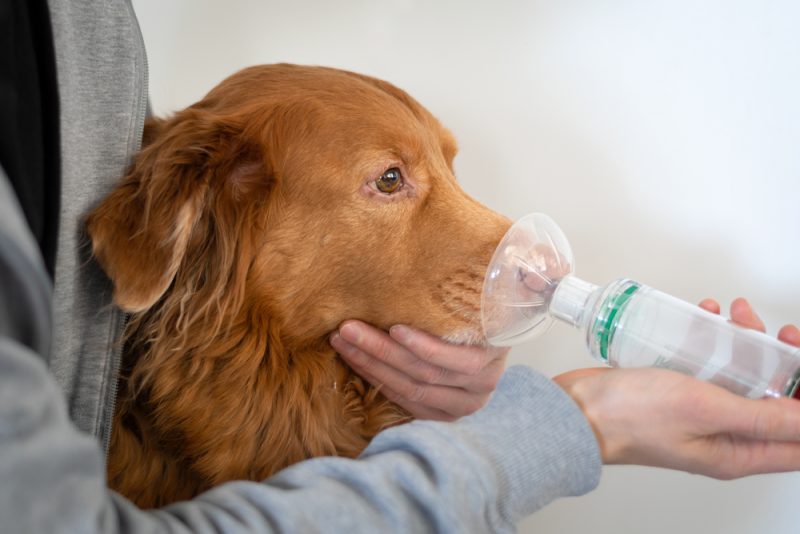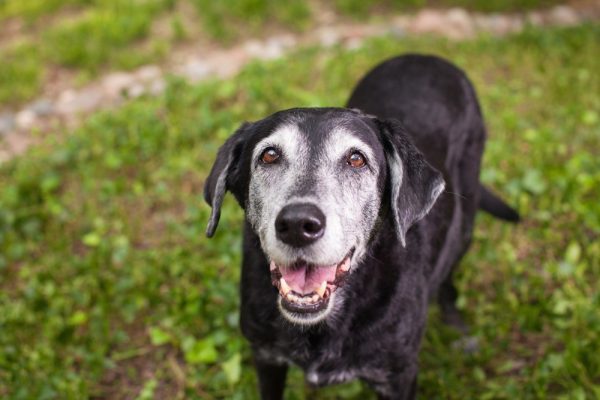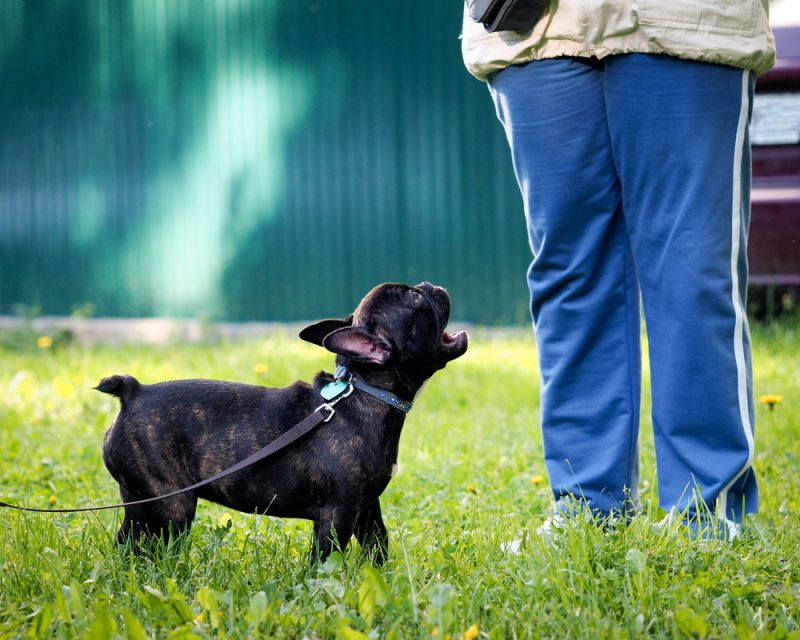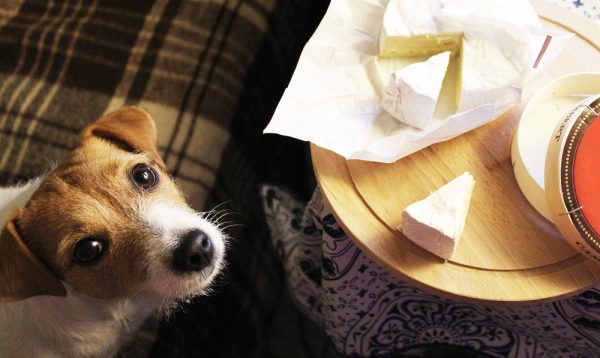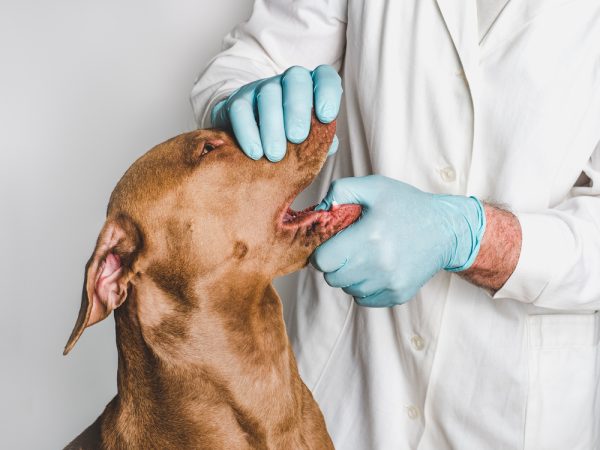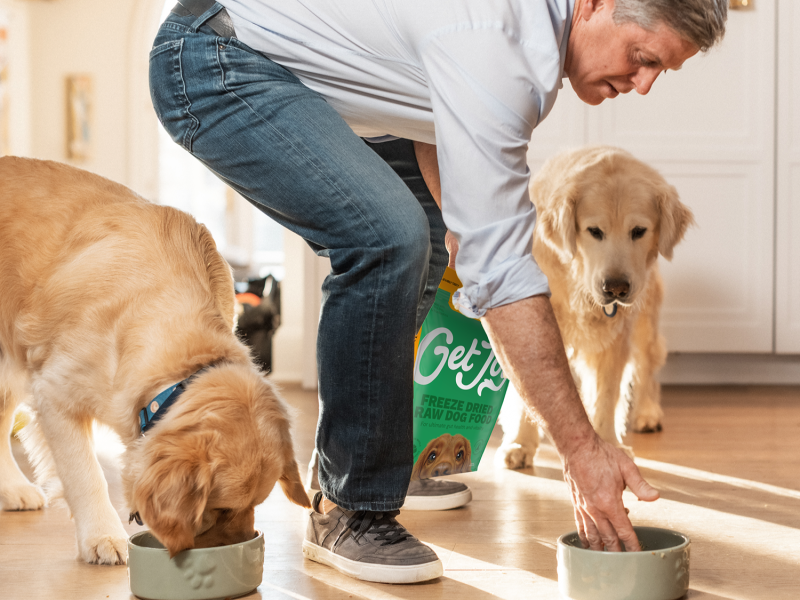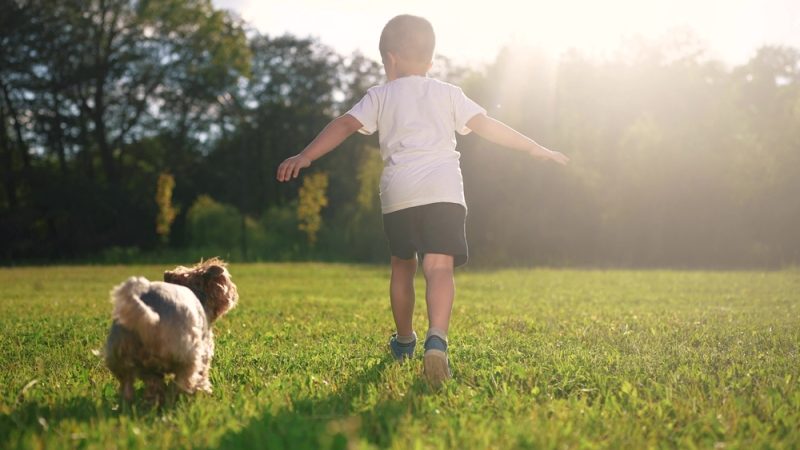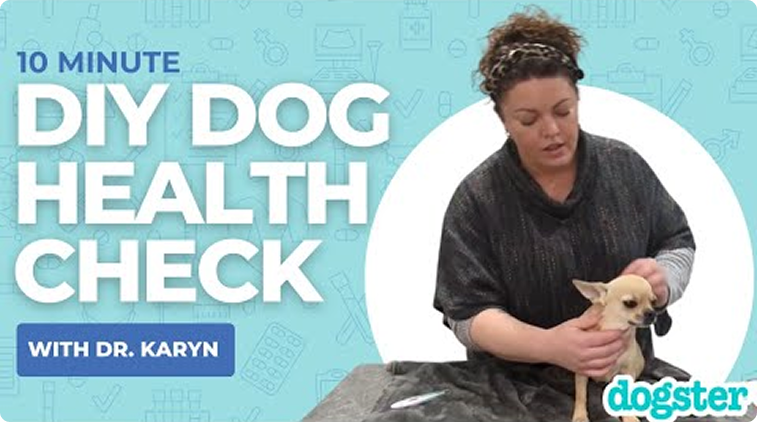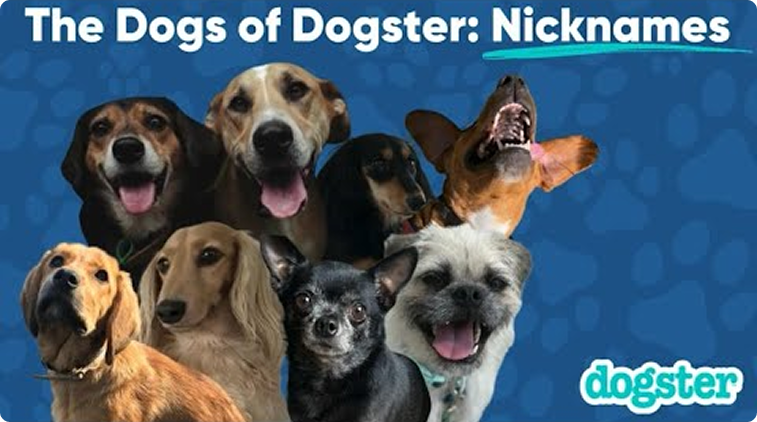
100+
Pet Experts

300+
Health Topics

3600+
Vet Reviewed Articles
You’re probably pretty familiar with Kevin Hart. This master of comedy has become a household name with blockbusters like Ride Along, Central Intelligence, and Jumanji to his credit, not to mention his unforgettable role as a fluffy white bunny named

Not every small dog needs constant attention. While some toy breeds are famously clingy, others are surprisingly independent and well-suited to spending some...
If seasonal changes seem to leave your dog feeling uncomfortable, your pup may be sensitive to environmental triggers that become more active at...
We all love spending precious time with our dogs, but stinky breath and yellowing teeth can be a little off-putting when your pup...
In a move that was a surprise to many, and a rude shock to others, members of the Valdosta City Council, Georgia, voted...

You step away from the grill for two seconds, and your dog’s licking their lips, tail wagging, and the paper towel you had...
Giving Shelter Pets a Second Shot at Adoption – How One Photographer Is Changing Shelter Pets’ Lives
At Dogster, we love to celebrate everything dog, and that, in large part, includes the heroes who help make dogs’ lives a little...
Trending
Weekly woofs and updates from our canine correspondents.
Hi, I’m Dr. Karyn! Read my introduction to learn more about me and my five funny dogs, Poppy, Bailey, Kodah, Ned, and Fred. One thing that my teeny..

Hi, I’m Dr. Maja! Read my introduction to learn more about me and my two crossbreed dogs, Lava and Hela. Dogs and cats don’t always get along. It..
Dogster Photo Contest
Expert Advice

Did you know that not only can dogs suffer from asthma, but they can also be prescribed asthma puffers to manage their condition?...

When you bring your pet home from surgery, it’s normal to have worries, questions, and concerns about how to look after them while...

Apart from hilarious video clips and adorable photos, one of the main reasons dog owners turn to the internet is to make sure...

A fairly common saying in veterinary medicine is that “age is not a disease.” Despite this sentiment, some dog owners may be concerned...
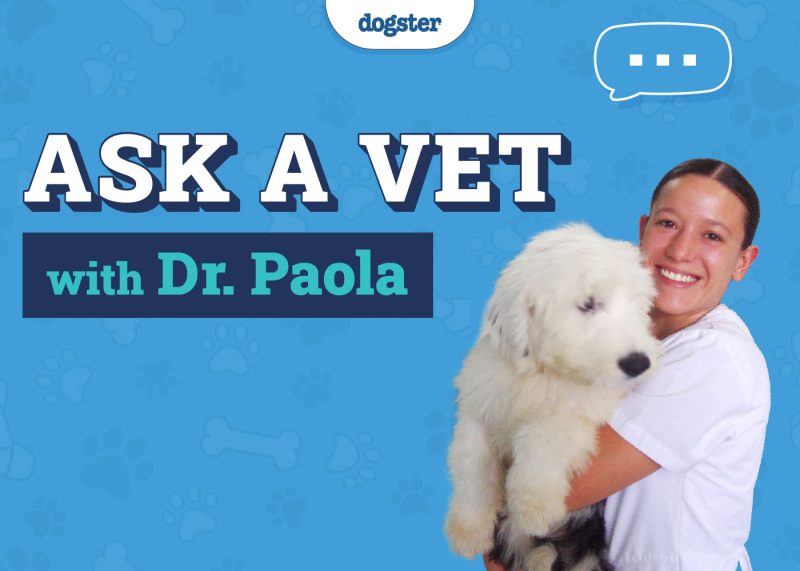

- Senior In-House Veterinarian
Ask Dr. Paola' brings expert cat health advice from Dr. Paola Cuevas (MVZ) every Monday
Dog Tips in Health, Lifestyle & Behavior
Whether it’s quick tips or expert guidance, you’re in good paws — and with new articles added every week, you’ll always have the latest info when you need it most.
If your dog loves to express every thought, feeling, and dramatic opinion with a bark, you are not alone. Barking is normal, healthy, and one of the main ways dogs communicate. The trouble begins when the barking feels nonstop, and
If you have spent any time researching family-friendly dogs, you have probably seen Mini Goldendoodles popping up everywhere. There is a good reason...
Ever notice your dog’s tail wagging uncontrollably when you pull out a block of cheese? You’re not imagining it; most dogs genuinely love...
Let’s be honest—most dog parents mean to brush their pup’s teeth, but life gets in the way. Then suddenly your dog is 5...
If you’ve ever heard the phrase “health begins in the gut,” you might be surprised to learn it applies to dogs just as...
Castor oil has been used for thousands of years in traditional medicine, including as a laxative, even for pets. And while it might...
Expectant parents who are dog owners often wonder how they should introduce their new baby and dog, and whether they should be concerned...
Engagement photos are beautiful keepsakes that capture the feelings of excitement and anticipation that are present during the moments before your wedding. Including...
Featured
Videos
Join Isabel, Milly, and Dogster veterinarians for vet-approved advice, product reviews, dog news, and fun facts.
See also: Our Dog Health Support Desk (Vet Q&A)
Paw-some Moments on


